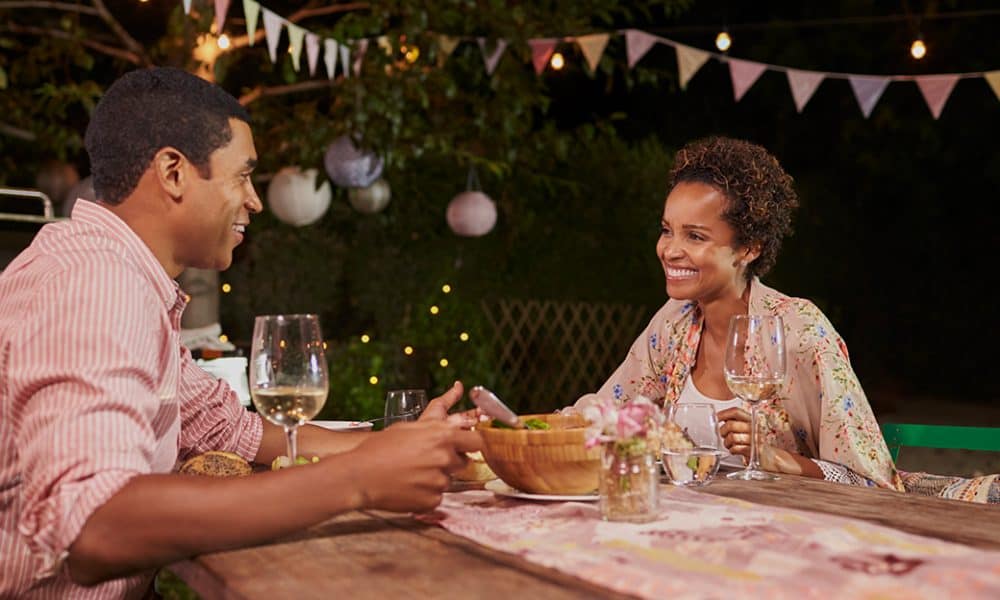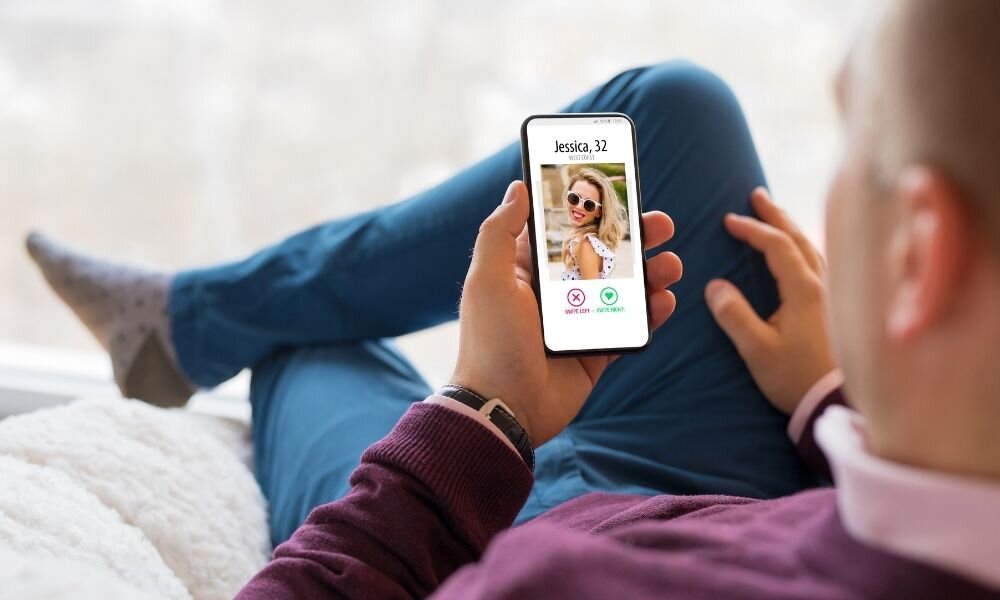Being “friend-zoned” often carries a negative connotation. It typically describes a scenario where someone expresses romantic feelings, but the other person sees the relationship strictly as a friendship. While rejection might initially feel disappointing, being friend-zoned can actually offer valuable opportunities for personal growth, meaningful connections, and future relationship success.
Understanding the Friend-Zone
The friend-zone happens primarily due to differences in attraction, timing, or emotional readiness. It’s essential to acknowledge that the friend-zone is not an insult but a clear boundary indicating honest feelings. Misconceptions often label it negatively, overshadowing its potential positive outcomes.
The Positive Side of Being Friend-Zoned
Personal Growth and Emotional Resilience
Rejection isn’t easy, but facing it constructively builds emotional resilience. It teaches you to manage disappointment gracefully, fostering emotional maturity. Experiencing the friend-zone can enhance self-awareness, helping you better understand your emotional needs and boundaries.
Developing Authentic Friendships
Friendships frequently outlast romantic relationships, providing emotional support and lasting bonds. Being friend-zoned presents an opportunity to nurture genuine friendships without romantic pressure, creating deep, enduring connections that enrich your life significantly.
Expanding Your Social Circle
Embracing friendship broadens your social interactions, introducing you to new experiences, perspectives, and opportunities. A diverse social circle promotes personal growth, social skills, and may even open unexpected doors to professional opportunities.
Friend-Zone as Preparation for Future Relationships
Enhancing Communication Skills
Navigating the friend-zone scenario teaches effective communication skills, including clarity, honesty, and empathy. These skills are vital for successful future relationships, fostering understanding and mutual respect.
Clarifying Relationship Goals
Experiencing friend-zoning helps clarify your desires and expectations in relationships. By understanding clearly what you seek in a partner, you can form healthier romantic connections later.
Respecting Boundaries and Consent
Accepting someone’s boundaries after being friend-zoned emphasizes respect, consent, and emotional maturity—qualities essential in building healthy romantic relationships.
Real-Life Examples
Countless individuals initially experienced disappointment from friend-zoning but later found immense value and happiness through these friendships. Friendships have also been stepping stones for professional opportunities, personal growth, and eventual romantic relationships when mutual feelings naturally evolved over time.
Mistakes to Avoid After Being Friend-Zoned
Avoid common pitfalls like distancing yourself immediately, harboring resentment, or staying friends only with hopes of changing their mind. Such behaviors undermine genuine friendship and emotional well-being. Maintaining respectful boundaries and genuine intentions fosters healthier, more rewarding interactions.
Embracing the Friend-Zone Positively
To fully benefit from friend-zoning:
- Embrace friendship genuinely and respectfully.
- Communicate openly without ulterior motives.
- Avoid bitterness; view the experience as growth-oriented.
Final Thoughts
Being friend-zoned isn’t inherently negative. By shifting perspectives, recognizing the emotional maturity it fosters, and appreciating the genuine friendships it nurtures, the friend-zone can become a valuable part of your personal and emotional growth.
Embrace the friend-zone with optimism—it might enrich your life far beyond initial expectations.





